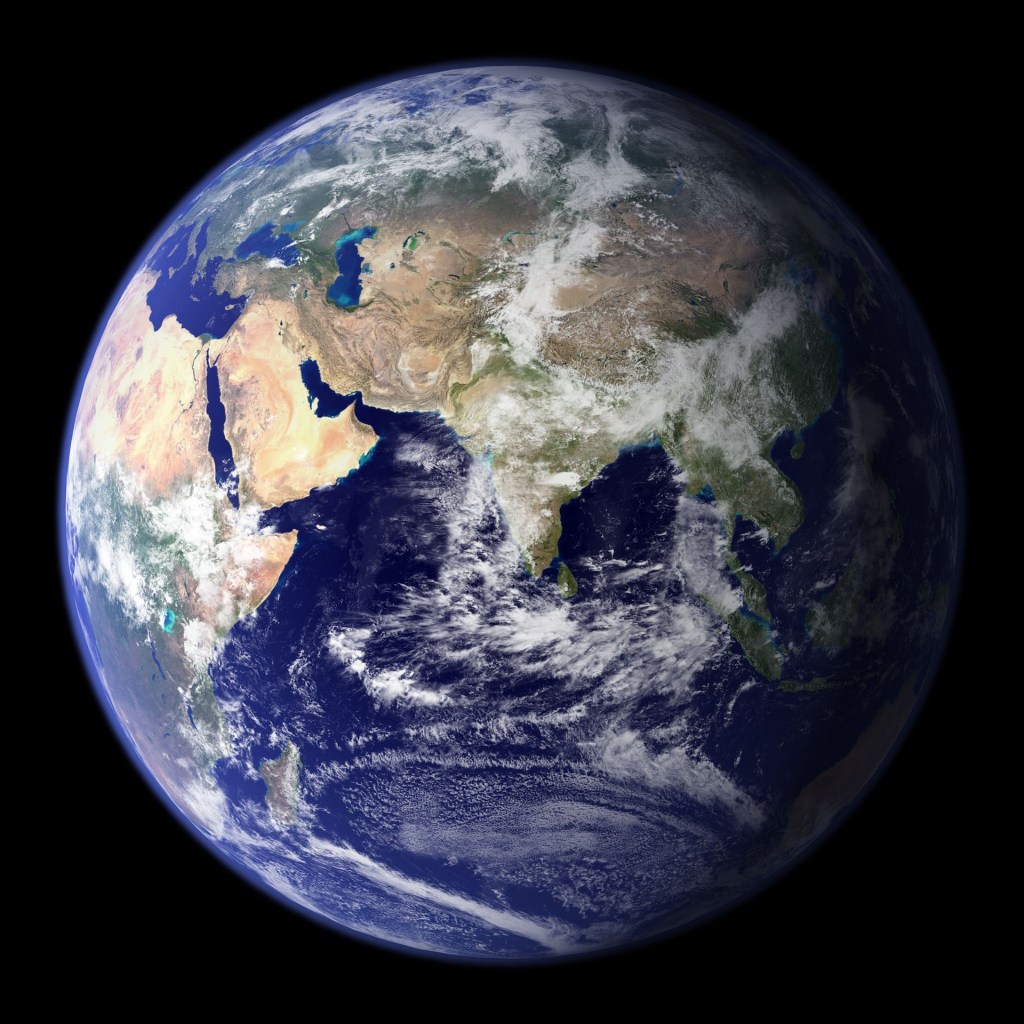I want to discuss the elephant in the room. Why? I had something completely different lined up for this blog. It was another half-arsed attempt to be funny, talking about certain aspects of pop culture. However, after the decision handed down by the U.S. Supreme Court, I felt I needed to write about something else.
Firstly, should a non-American, white male like myself, have an opinion about the state of abortion in the United States of America? To be honest, I’m not smart enough to answer that question.
Ok, so how is abortion viewed around the world then? Good question, but it’s not an easy answer.

Here in New Zealand, abortion was decriminalised through the Abortion Legislation Act 2020, thus removing it from the Crimes Act 1961.
In relation to that, the countries and autonomous jurisdictions that will be discussed, will vary in their U.N. recognition, but also some of them are divided into different states or regions. This of course means what you can do in one part of the country, could be illegal in another part; in regards to the age of the fetus. These include Mexico, Australia (though decriminalised), United Kingdom, and of course, the United States of America.
The reasons for an abortion can be divided into different groups: on request, social and economic, fetal impairment or health, rape, risk to the mother’s health, and risk to the mother’s life. For the context of this blog, miscarriages will not be classified as abortions.
The total number of countries and autonomous jurisdictions discussed is 232.
There are 10 nations (Abkhazia, Andorra, Dominican Republic, El Salvador, Honduras, Madagascar, Malta, Nicaragua, The Philippines, and the Vatican City) where abortion is illegal in all forms; even the risk to the mother’s life.
There are 62 nations where abortion is illegal, up to and including the risk to the mother’s health.
There are 93 nations where abortion is illegal, up to and including the rape of the mother. Let that sink in. 93 nations say that if you are raped and become pregnant, you are legally required to carry the baby to full term, otherwise it’s a crime. (Source: https://en.wikipedia.org/wiki/Abortion_law)
Each year around the world, there are an estimated 40-50 million abortions. This equals to approximately 125,000 abortions per day, according to WHO data. (Source: https://www.worldometers.info/abortions/)
Basically this can be summarised here:
- Banning abortions, does not stop abortions from happening, no matter where you are in the world. All you are doing is putting the mother at greater risk.
- Unintended pregnancy rates are higher in nations that heavily restrict abortion access to women, and lower with nations where abortion support is more accessible and legal.
- The percentage of unintended pregnancies that end in abortion, in nations that restrict abortion, have increased over the last 30 years.
- The global unintended pregnancy rate, per 1,000 women of reproductive age (15–49), has been decreasing since 1990–1994 from 79 to 64.
- Between 1990-1994, the amount of unintended pregnancies ending in abortion was 51%. This remained around the same through 2000–2004; however it then increased to 61% by 2015–2019.
- The global abortion rate decreased between 1990–1994 and 2000–2004, but it has returned to the high levels of the 1990s. (Source: https://www.guttmacher.org/fact-sheet/induced-abortion-worldwide)
If you are feel angry about the decision to overturn Roe v. Wade; if you feel a woman has the right to actually choose what happens to her body; you are not alone.
Regardless of the different boxes and labels we give yourselves and other people, whether its gender, religion, socioeconomic status, or anything else, you are allowed to care about this issue.
So if you do care, what can you do about it?
- Identify your local or national abortion organisations or charity groups and donate to them. Regardless of the abortion status in your country, they need your money and support.
- Contact your local political representative and ask them, where do they sit on this important issue.
- Vote. It’s that simple. Vote to protect the pro-choice laws that exist in your country, or vote to dismantle the anti-abortion laws.
I realise this issue is quite sensitive and important, but before I go, I have to share this video. It’s one of the best videos I have ever seen about the abortion debate, so please watch it. It’s quite long, but it is so worth it.
Thanks for reading and letting me politely rant about this issue. Look after yourselves, I’ll see you next Monday.

You must be logged in to post a comment.